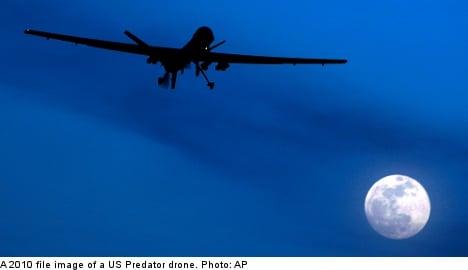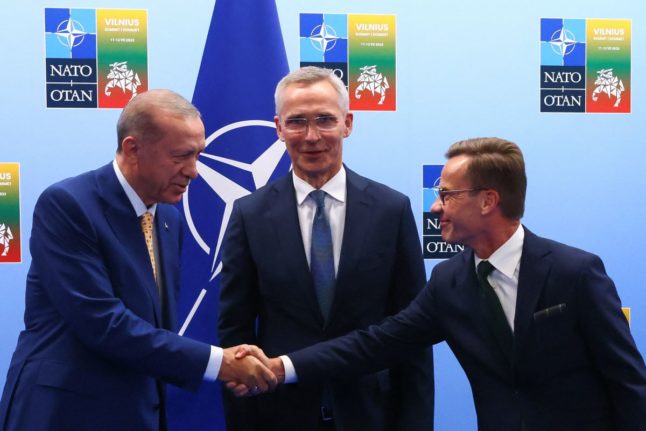But despite the overall decrease, driven mainly by budget cuts in the Western countries, China and Russia both boosted spending last year, the Stockholm International Peace Research Institute (Sipri) said.
“We are seeing what may be the beginning of a shift in the balance of world military spending from the rich Western countries to emerging regions,” said Sam Perlo-Freeman, director of Sipri’s Military Expenditure and Arms Production Programme.
“Austerity policies and the drawdown in Afghanistan reduce spending in the former, while economic growth funds continuing increases elsewhere.”
Excluding inflation, world military expenditure fell 0.5 percent to $1.75 trillion in 2012 from 2011, according to Sipri’s data.
However, emerging power China increased its spending by 7.8 percent, while Russia’s spending was up by 16 percent.
In traditional high-tension regions, spending also increased, with the Middle East seeing a rise of 8.4 percent last year.
Asia, which has seen growing friction in areas such as the South China Sea, also recorded an overall rise in spending of 3.3 percent last year.
US military spending last year dropped by six percent, falling below 40 percent of the global total for the first time since the collapse of the Soviet Union.
The US decrease was mainly a result of reduced war spending, Sipri said, adding that it expected the trend to continue in 2013.
“All the indications are that world military spending is likely to keep falling for the next two to three years — at least until Nato completes its withdrawal from Afghanistan at the end of 2014,” said Perlo-Freeman.
“However, spending in emerging regions will probably go on rising, so the world total will probably bottom out after that.”
Despite the new trends, at $682 billion, US military spending is still more than four times larger than that of number two in the list, China, estimated by Sipri at $166 billion.
“The US and its allies are still responsible for the great majority of world military spending. The Nato members together spent a trillion dollars,” said Perlo-Freeman.
AFP/The Local/dl



 Please whitelist us to continue reading.
Please whitelist us to continue reading.
Member comments